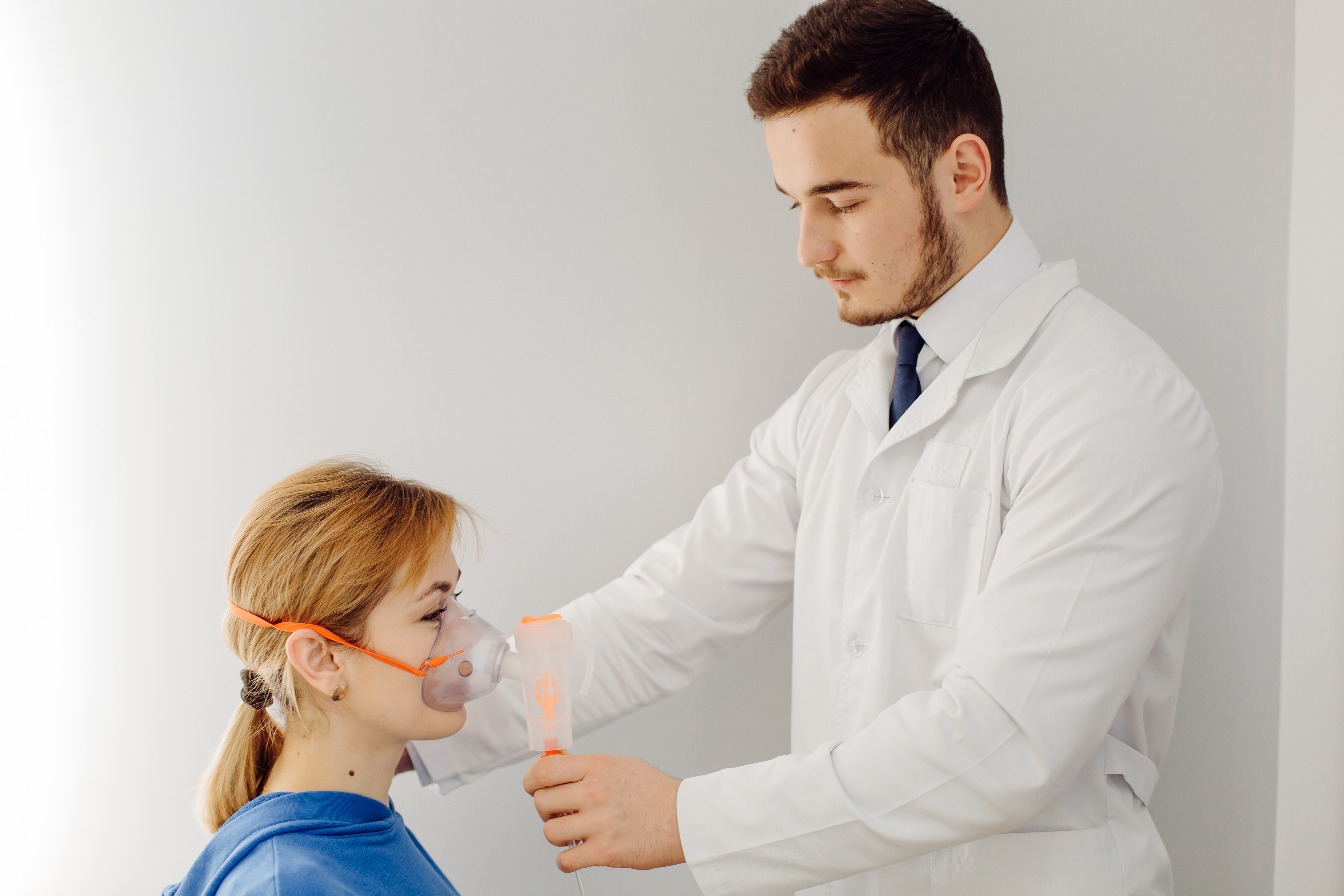

Sponsored Ads

Sponsored Ads

After getting pulled over by a police officer, one of the things they may ask you to do is take a breath test. These tests are used to check if someone is over the legal limit for alcohol. The main question people have is, are they really accurate?
Well, there are many factors that affect BAC. The most accurate test is a blood test, but breath tests are preferred because they are simple and non-invasive. Keep reading to understand more about the accuracy of breath tests.
How Breath Tests Work
Breath tests, also called breathalyzers, are portable devices used by law enforcement to estimate your blood alcohol concentration (BAC). So, after drinking alcohol, its content is absorbed in your bloodstream and, in one way or another, finds its way into your lungs.
When you exhale, a small amount of the alcohol will come out in your breath. This device will measure the alcohol level and convert it to BAC. There are generally two types of breath tests:
Preliminary breath tests are done by the roadside and are less accurate.
Evidential breath tests are taken at a police station and can be used as evidence in court.
Factors That Can Affect the Accuracy of Breath Tests
Breath tests are not perfect, and there is room for error. Here are some factors that can affect the results:
Timing
If you have just finished drinking, your BAC might still be rising. Despite alcohol being quickly absorbed into the system if the test is taken during the absorption phase, it may not be accurate. Alcohol is absorbed into our bodies at the rate of 0.015 BAC per hour. This means that BAC decreases over time as alcohol is absorbed in your body.
Breathing Patterns
Yes, your breathing patterns can affect the results of your breath test. According to a University of Washington paper, Dr. Micheal explains that there are different results if you breathe deeply or hold your breath.
Breathing deeply can reduce the alcohol concentration in your breath by 4%. If you are hyperventilating and breathing faster than normal, the concentration reduces further by 11%. However, if you hold your breath, the concentration can increase to up to 12%.
Medical Issues
Conditions like acid reflux, diabetes, and asthma can affect the amount of alcohol in your breath despite the actual blood alcohol content. For example, if you are diabetic, your body sometimes produces ketones when your blood sugar is high, leading to a false positive.
In acid reflux, the acidity in your stomach can raise the BAC reading. The same applies to asthma, where inhalers leave alcohol residue in your mouth.
Environmental Factors and Human Error
Mouthwash, breath spray, or even recent vomiting or burning can leave alcohol in your mouth, leading to a false positive. On the other hand, if a police officer fails to follow specific steps when using the device, it could lead to wrong results.
Poor maintenance of the device can also lead to a false reading.
So, Are Breath Tests Accurate?
According to an article by the National Motorists Association, breath tests have a margin of error of 50%. Therefore, a .1% reading could actually be a .05%. Breath tests can give a good estimate but are not 100% reliable since many factors can throw off the results. If you are charged with a DUI because of a breath test, there are so many options an attorney can explore.
Conclusion
While breath tests are helpful, they are not perfect, and you can receive a DUI in an unfair situation. Understanding how it works and the potential flaws can make a big difference in the outcome of your case.
Sponsored Ads

Sponsored Ads

